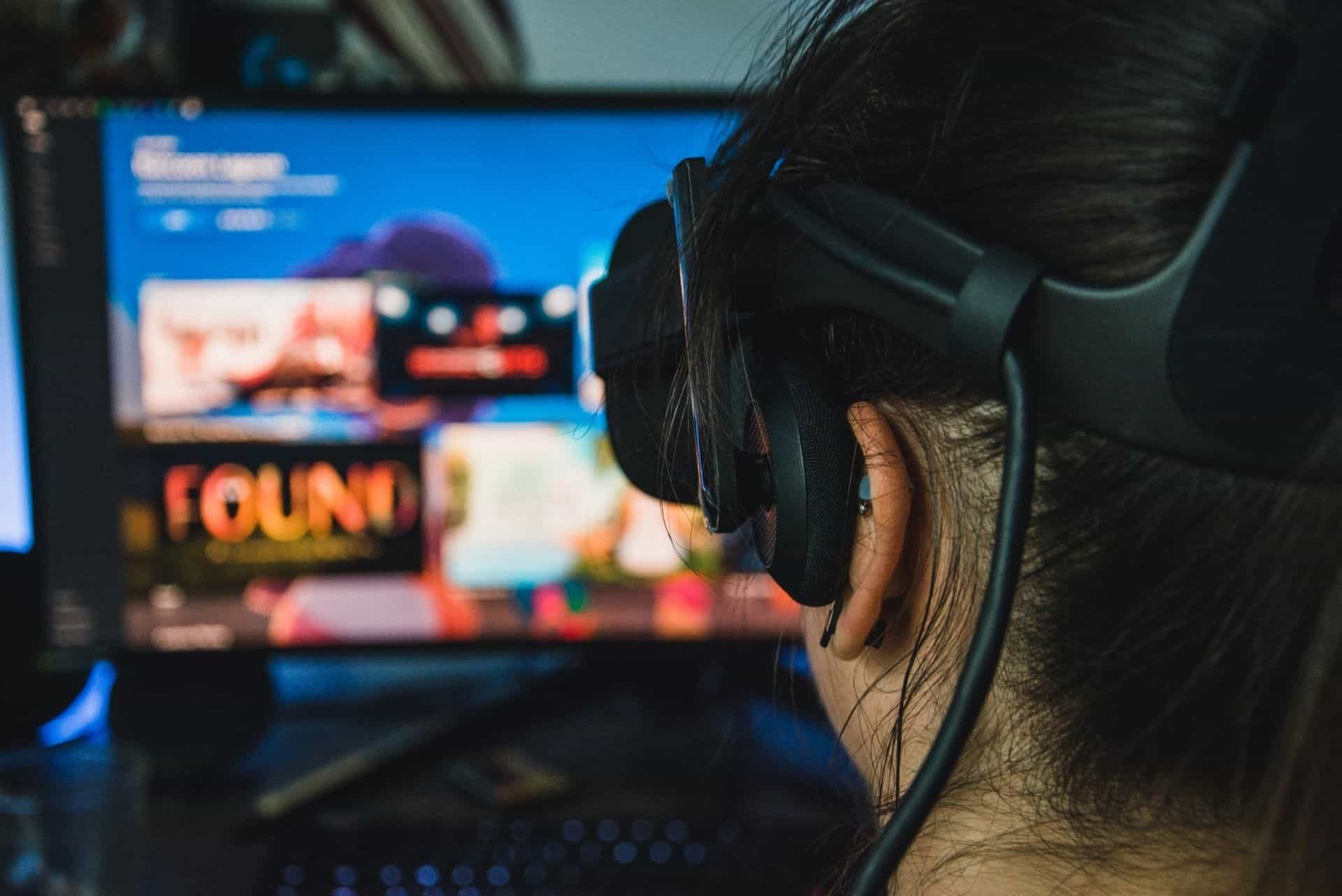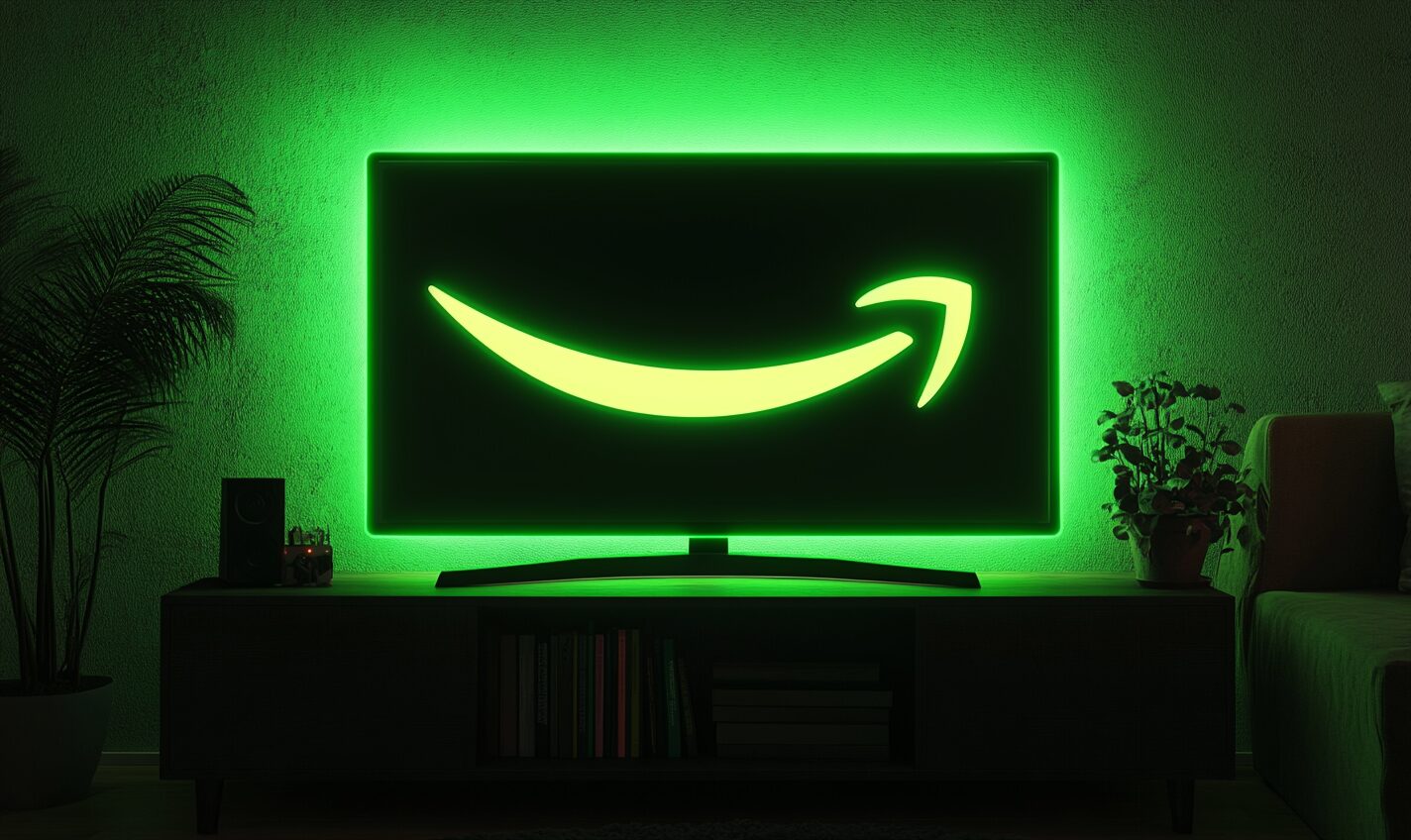What are the top internet censorship pros and cons? Is censorship online wrong or necessary? We often think of censorship as an abuse of moderation rights. However, there are certain cases where censorship is helpful for protecting users’ safety online. What are the pros and cons of internet censorship everyone should know?
Types of Internet Censorship
Internet censorship takes many forms, depending on who’s enforcing it and why. From blocking websites to filtering search results, it shapes what people can see, say, and share online.
Political Censorship
Governments use political censorship to control public opinion and maintain authority. It often involves blocking opposition websites, restricting access to news sources and banning social media platforms during unrest.
Countries like China and Iran use sophisticated filtering systems to silence dissent and limit access to information. North Korea takes it to the extreme by banning all independent media and denying citizens any form of free expression, online and offline. This type of censorship shapes political narratives and isolates people from the global conversation.
Social or Moral Censorship
Social or moral censorship blocks content that governments or institutions consider immoral or culturally inappropriate. This can include topics like pornography, LGBTQ+ rights, gambling or criticism of religion. Enforcement varies widely across regions and is usually shaped by a country’s cultural and religious values.
In some places, entire categories of websites are filtered or blocked to preserve social order or uphold traditional beliefs. While often framed as a way to protect citizens, this censorship can limit access to important information and suppress marginalized voices.
Security-Driven Censorship
Security-driven censorship can prevent cyberattacks, terrorism or public unrest. It often involves keyword filtering and mass digital surveillance to monitor and control online activity. The challenge is that many of these tools are also used in state-sponsored hacking and espionage, which blurs the line between protection and overreach.
When censorship and surveillance are tightly linked, what starts as a security measure can easily shift into suppressing dissent or invading privacy. This type of censorship raises essential questions about balancing national safety with digital freedom.
Corporate and Platform-Based Censorship
Tech companies often use platform-based censorship to enforce community guidelines or reduce legal risks. Common tactics include algorithmic filtering, shadowbanning and deplatforming, which can quietly limit or completely remove a user’s reach without a clear explanation.
While these actions aim to create safer digital spaces, they have also sparked criticism over a lack of accountability and inconsistent enforcement. As more conversations and content move online, the role of private platforms in shaping what users can say or see continues to be a significant topic of debate.
Internet Censorship Pros
Internet censorship pros and cons aren’t black and white. Many people have a negative perception of censorship, but the reality is that it can sometimes be beneficial. When implemented fairly and responsibly, censorship serves a few important purposes online.
Preventing the Spread of Dangerous Content
The primary benefit of internet censorship is protection against the spread of dangerous or illegal content. Key examples of this include hate speech, illegal activity, cybercrime, threats of violence and misinformation. Some tech companies like Google have entire teams devoted to fighting terrorist content on their platforms. These types of content can put people in real-world danger, break laws or encourage violence.
Internet censorship serves the crucial function of monitoring and limiting the spread of dangerous content. It prevents bad actors from using websites to conduct illegal activity or put others in harm’s way.
Controlling Harassment and Bullying
Harassment and cyberbullying are serious problems online today. Among the many internet censorship pros and cons is a limit on content that could be offensive, aggressive or threatening toward others. Censorship can counteract the anonymity that fuels cyberbullying and harassment.
This is especially true on websites made for children and teens, as well as minority groups who may be disproportionately targeted by online harassment. Censorship can help everyone use the internet without being personally attacked or insulted by others.
Protecting National Security and Personal Information
Censorship isn’t always about preventing people from sharing their unfiltered opinions. Among the many pros and cons of internet censorship is the practical benefit of limiting the spread of sensitive information.
For instance, a scammer might try to trick someone into posting their social security number online, but the website’s censorship algorithm stops the post from going live. Situations like this are increasingly common today.
The FTC estimates that at least 95,000 Americans lost money to a social media scam in 2021. Scams and phishing can spread like wildfire online without adequate moderation to weed them out. Using censorship to prevent users from posting sensitive personal information can stop them from making big mistakes and help prevent identity theft.
Additionally, government agencies must censor the sharing of national security information. When sensitive details about information like military activity or public safety can be freely shared online, millions of people can be put in danger. Internet censorship is necessary to prevent the unauthorized spread of data that could threaten national security.
Internet Censorship Cons
There is often a fine line between internet censorship pros and cons. What was meant to protect people can quickly — and often — become a problem in its own right without careful and responsible implementation. What are the main drawbacks of internet censorship?
Creating a Slippery Slope
Unfortunately, internet censorship can quickly go from being a safety measure to an abuse of moderation abilities. Censorship guidelines and regulations have to be clear, specific and enforceable or moderators may simply start censoring content based on personal preferences.
It can be difficult to tell when censorship is beginning to go too far. Often it occurs when the balance between open dialogue and the well-being of the masses is broken.
For instance, consider a large group of users commenting on a thread discussing a certain religion. They aren’t sharing hate speech, bullying anyone, threatening violence or breaking community guidelines.
What if a moderator decides he or she doesn’t like what the users are debating about their religion, though? If the moderator censors the thread simply based on their personal dislike for the other users’ opinions, that can be an abuse of moderation rights.
Blocking the Spread of Information
On a large scale, internet censorship can prevent the free spread of information, news and communication. This level of negative censorship most often occurs in nations or groups where the ruling organization prohibits any criticism of their rule or any discussion of ideas contrary to their own. Internet censorship can be used to prevent people from accessing information that might contradict propaganda or misinformation spread by a ruling party.
Unfortunately, this particular issue can be very murky among internet censorship pros and cons. It relies heavily on an understanding of what exactly misinformation is. People who are convinced misinformation is actual fact may view ethical censorship as oppressive. Similarly, people may call actual facts misinformation in order to exercise unethical censorship. The fine line is all about distinguishing fact from fiction.
Preventing the oppressive use of internet censorship requires strong media literacy skills to recognize misinformation. There are many free, independent organizations with resources for learning about fake news red flags and improving media literacy. Resources like these can go a long way toward understanding if censorship is fair or crossing a line.
Limiting Freedom of Expression
Many would argue that among the many internet censorship pros and cons is a risk to freedom of expression. There are many countries where free speech is a protected right. In these places, any level of censorship can be seen as an infringement on that right.
This is a fair concern for anyone to have. After all, if people aren’t hurting themselves or others, why shouldn’t they be allowed to discuss what they want online? The same goes for legal photo and video content, as well, such as a piece of art that some might hate while others love.
Like any other aspect of internet censorship, there can be a lot of gray area in this criticism. First Amendment freedom of speech rights aren’t as all-inclusive as many people assume they are. For instance, the 1st Amendment of the U.S. Constitution does not include the right to “incite imminent lawless action”, such as the online content that fueled the infamous January 6th riot at the U.S. Capitol.
There’s a popular saying online today that “freedom of speech does not equal freedom from consequences”. Someone may be free to post a threat of violence online, but doing so could get them rightfully arrested on suspicion of a crime. So, internet censorship guidelines have to be careful about blocking illegal or harmful content without eliminating non-violent freedom of expression.
How to Analyze Internet Censorship Pros and Cons
It can be overwhelming trying to understand internet censorship pros and cons since there is so much gray area between the two categories. Ultimately, censorship is neither inherently good nor inherently bad. When used responsibly and ethically, it helps keep people safe online. However, there’s a fine line between ethical censorship and oppressive censorship.
So, determining if a certain use of censorship is ethical or not can be difficult. It requires strong media literacy skills and an unbiased viewpoint. If something does get censored online, users can typically contact community support personnel to get more information on why the content was removed or filtered.
Original Publish Date 8/28/2023 — Updated 5/24/2025
Recent Stories
Follow Us On
Get the latest tech stories and news in seconds!
Sign up for our newsletter below to receive updates about technology trends




